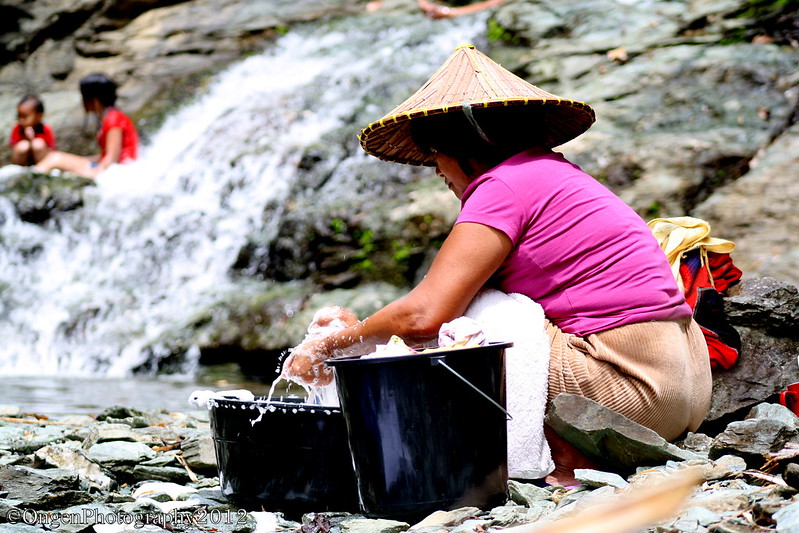A Case from the Portfolio: A Large Market-Based WASH Program in the Philippines

A large international NGO is about to launch an innovative market-oriented water, sanitation and hygiene (WASH) program. It is planning to put learning at the center of its M&E strategy, and has been in discussions with IPA about supporting the program on its learning journey.
Because of the NGO's intention to refine their products and interventions as they go, IPA will help them adopt an M&E approach that is learning-oriented, provides quick feedback loops, and can be regularly updated. Below are a few concrete examples of potential M&E questions relevant to their situation, and how they could be approached with fast learning tools.
Question: Is finance reaching the poor?
Fast Learning Tool: Poverty Probability Index (PPI®) survey of beneficiaries
Benefits:
- Cost-effective, rapid and accurate measure of poverty
- Can sometimes use IVR or phone
Question: Which is the best communication strategy for WASH product take-up?
Fast Learning Tool: Rapid-fire randomized test (“A/B test”) of different messages
Benefits:
- Fast yet highly reliable
- Useful where reaction captured immediately and cheaply
Question: Will there be demand for a product at a sustainable price?
Fast Learning Tool: Willingness-to-pay experiments testing price points
Benefits:
- Avoids risk of high upfront investment
- Tests current demand
Question: How can we improve our consumer accountability groups?
Fast Learning Tool: Qualitative customer feedback
Benefits:
- Cost-effective insights for improvement
- Can inform quantitative study
Question: Are the business practices we are teaching being adopted?
Fast Learning Tool:Lean survey or direct observation of take-up
Benefits:
- Tests key element in theory of change (take-up)
- Useful even without counterfactual












